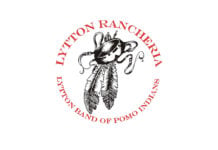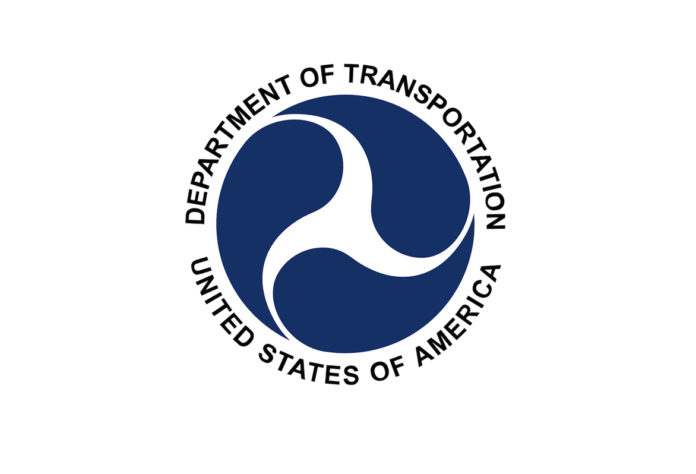WASHINGTON, D.C. – The U.S. Department of Transportation’s Federal Transit Administration (FTA) has awarded $10.3 million in Tribal Transit Program grant awards to 36 tribal governments for projects that support transit services for American Indian Tribes and Alaska Native villages in rural areas.
“Today’s announcement is an important step toward ensuring tribal nations have the transportation infrastructure they need and deserve,” said U.S. Transportation Secretary Pete Buttigieg. “And thanks to the Bipartisan Infrastructure Law, we’ll soon be able to provide tribes additional funding to meet the unique transit needs of their residents.”
FTA’s Tribal Transit Program supports public transportation for federally recognized Indian tribes and Alaska Native villages, groups, and communities. The funding helps meet the transportation needs of tribal citizens, including older adults, people with disabilities, and youth in rural areas.
“Resources to tribal transit programs in Indian Country are critical in addressing connectivity for tribal residents to go to work, school, shopping, medical appointments or other daily necessities,” said Arlando Teller, Deputy Assistant Secretary for Tribal Affairs.
Under the Bipartisan Infrastructure Law, signed by President Biden on Nov. 15, 2021, an additional $229 million will be available for public transportation on Indian Reservations over a five-year period (Fiscal Years 2022 to 2026), meaning even more tribal communities will get the resources they need to provide transit options.
“These grants strengthen tribal transportation by making investments that maintain transit services, enhance economic development, and increase safety, sustainability, resiliency, and accessibility, which are particularly important as we emerge from the public health emergency,” said FTA Administrator Nuria Fernandez.
Examples of projects selected to receive Fiscal Year 2021 funding and the priority areas they will address include:
Enhancing Economic Development
- The Leech Lake Band of Ojibwe in north-central Minnesota will receive $882,882 to initiate new transit services on the reservation. This project will provide new public transportation access to many tribal members living in communities on the reservation, allowing greater connections to jobs, school, healthcare and other services in Cass County and connecting the village of Onigum with the community of Bena.
Increasing Safety
- The Sisseton-Wahpeton Oyate of the Lake Traverse Reservation, a federally recognized tribe in northeast South Dakota, will receive $342,981 to install video cameras on its existing fleet of vehicles and funding to ensure continued transit services. This project will enhance operator and passenger safety and maintain essential transit services in and around the reservation.
Increasing Sustainability and Resilience
- The Yocha Dehe Wintun Nation, a federally recognized tribe in Yolo County, CA, will receive $612,000 to purchase new battery-electric vehicles to replace older vehicles that have exceeded their useful life and support charging infrastructure. This project will ensure continued service reliability, maintain a state of good repair and, by improving air quality, advance environmental justice in the tribal community.
Increasing Accessibility
- The Crow Tribe of Indians, located in parts of Big Horn, Yellowstone and Treasure counties in Southern Montana, will receive $213,188 to initiate on-demand service. This project will provide critical transit services to transit-dependent residents in the rural areas of the reservation in major communities along I-90 (Billings, Crow Agency, Lodge Grass, and Wyola). The need for on-demand response service is critical, particularly for dialysis patients, as the nearest dialysis center is approximately 60 miles away in Billings, MT.
In response to the Notice of Funding Opportunity earlier this year, FTA received 51 eligible project proposals totaling approximately $18.8 million from 47 tribes and Alaska Native Village applicants in 14 states. Funding for this opportunity was made available through the Consolidated Appropriations Act of 2021, the American Rescue Plan Act of 2021, and prior year funding.













































